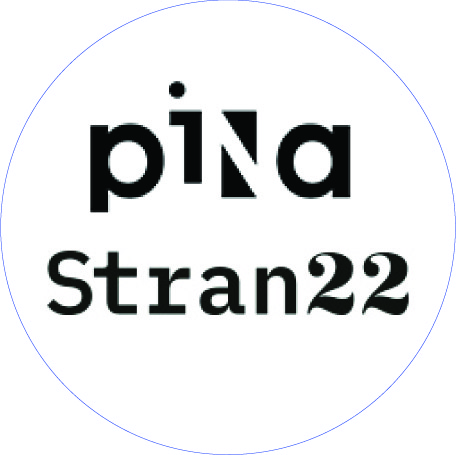PiNA and Stran22
Dante Copiosus
The spatial installation in the Besenghi degli Ughi Palace commemorates two preserved codexes of the Divine Comedy with commentary, written at the end of the 14th century in Izola by Pietro Campenni. The negative connotation that copy and copying usually take on in relation to the original turns out to be wrong when following the semantic development, since copia – and the resulting adjective copiosus (also verbal, eloquent, imaginative) – in Latin, which was still lingua franca in Dante’s time, denoted abundance and wealth.
The abundance and richness of the copying of the Divine Comedy is a testament to the passion of the readers and researchers who have become involved with this text and due to which it has been preserved in the first place. However, in the absence of any autograph by Dante, this is both a fortunate circumstance and a curse on philologists. Dante Copiosus, with two exceptions, does not quote verses from the Divine Comedy, but therefore places the visitor at the center to confuse him/her amongst this abundance of key information, sensory stimuli, and numerous reflections.
The pilot project was developed in cooperation with the Municipality of Izola, JZP Izola, the Italian self-governing national community of Izola, the Music School Koper, the Izola Tourism Board, ZRS Koper, the IRRIS Institute, and the Izola Principal Library.


